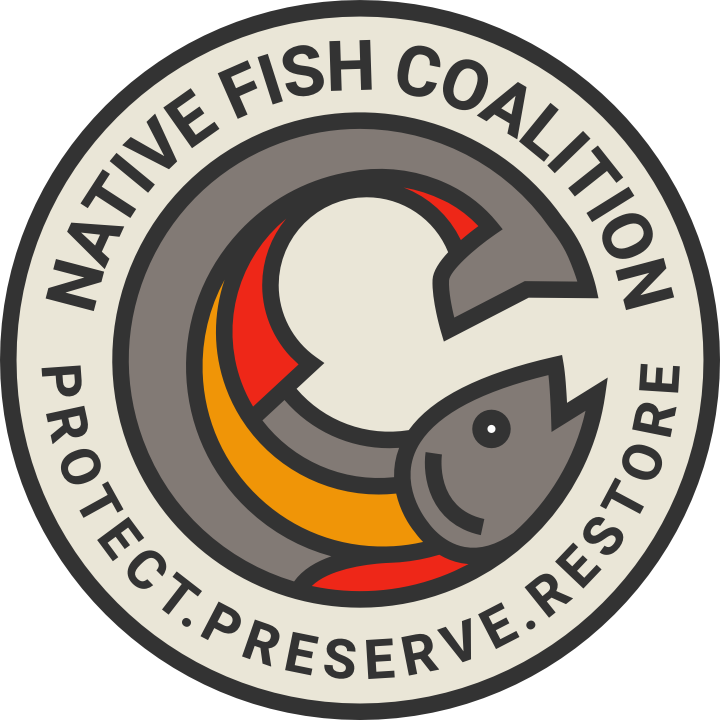NFC on NH Wild Trout Management: The facts...
“If we truly want to protect, preserve and enhance wild native brook trout populations in NH, we will need to look at the big picture...”
While NFC sees both legislation and Right-to-Know requests as legitimate and valid tools for protecting our wild native fish and the places they live, accusations that we have done so in New Hampshire are patently false. Without these invaluable tools, Maine would not have the heralded State Heritage Fish law nor the prohibition on the dangerous use of live fish as bait in the critically important North Zone.
The Facts…
While accusations of filing “frivolous” legislation and Right-to-Know requests continue to emanate from the NH trout conservation community, neither is true. While NFC has supported legislation submitted by others were we felt it benefitted the resource to do so, we have not filed any legislation of our own. Nor has NFC filed any Right-to-Know requests in NH.
In fact, NFC recently withdrew our support for a pending bill, HB1417-FN, that looked to codify the faltering WTM program due to concerns with regard to scope creep and superfluous and ambiguous language.
NFC’s early support for HB1417-FN was to try to save and expand the WTM program. We have spent years lobbying for a resurrection of the program but to no avail. The failure to add any new waters to WTM in 17 years spans 2 New Hampshire Fish and Game executive directors and at least 2 fisheries directors.
There’s more to this than stocking…
While NHFG has made notable strides in regard to lessening stocking over wild trout, and there are apparently more positive changes coming, stocking is just one of many things that negatively impact wild trout populations. Wild trout are also impacted by angler exploitation as evident by the often notable lack of fish, and/or large fish, in the frontcountry and public access sites.
If we truly want to protect, preserve and enhance wild native brook trout populations in NH, we will need to look at the big picture, work together, and get outside our comfort zones. While helpful, approaches that only address habitat and stocking are partial solutions. We will need to protect fish from angler exploitation as well if we truly want them to survive in our changing world.
Why WTM is critically Important…
By default, waters that meet the documented WTM inclusion criteria, 13lbs per acre, represent the strongest populations of wild trout in the state. By imposing protective angling restrictions on these waters via WTM, we allow wild trout populations to meet their potential which also helps protect them from things we cannot influence such as floods, droughts, habitat degradation, predation, diseases, viruses, and parasites.
New Hampshire’s wild native fish would be far better served by a unified front that addressed everything that was stressing them rather than a divided front as we now have.
